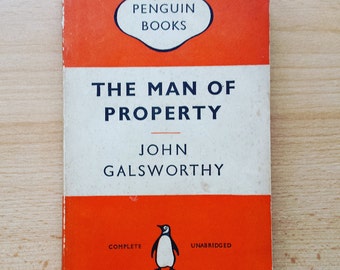

In it we meet old Jolyan and Irene in a more detailed and profound way, as if Galsworthy having giving the full background of this very rich man was now more interested in him as a person, a dying man at that. I don’t regret to read it, but if I was to recommend it, it would be as a prologue to the sequel. One character – young Jolyon – is painted in better colours (maybe I liked him after all), but even the lovers, Irene and Boursine, are tainted by arrogance and disloyalty.

This is probably John Galsworthy’s geniuses at play, This is a book of social commentary, and in a very subtle way – and maybe not so subtle way – Galsworthy opens the door for us to enter the company of the British new rich at the end of the Victorian Era, and what we see there is a family blinded by its sense of self-importance and narcissism. If I was to note anything about this book, is the absence of a character I fully sympathize. But it would be unfair, I think, to blame all on Mr. At times while listening I wondered if every character was as dislikable as Case makes them sound. I should mention that part of my difficulty with this book was my dislike of the narrator – David Case. (On a positive note, Audiable sold me two books in one, and I am feeling quite happy about it). But when I sat down to finally write a review, I realized my mistake: I actually listened to 2 distinct books in the Forsyte series: The Man of Property and The Indian Summer of a Forsyte which I thought was the epilogue, but is a sequel. I gave 4 stars to this book a few days ago thinking that it would average a poor beginning (2 or 3 stars) with a superb ending (5 stars).


 0 kommentar(er)
0 kommentar(er)
